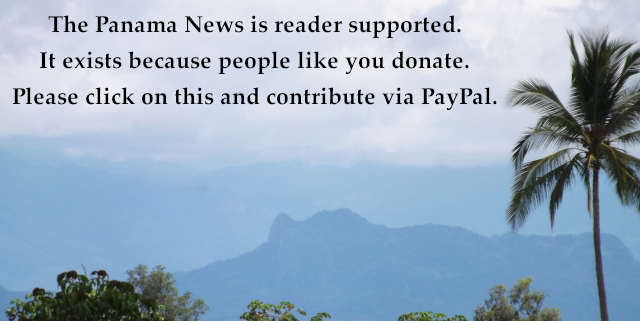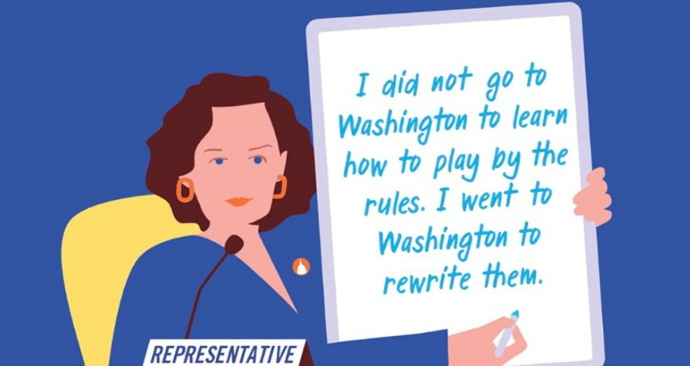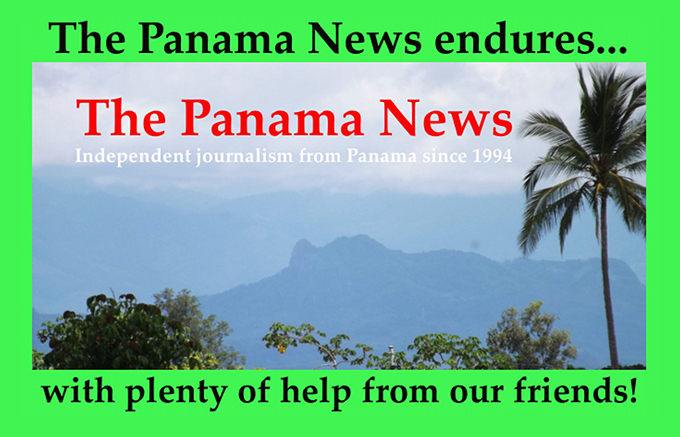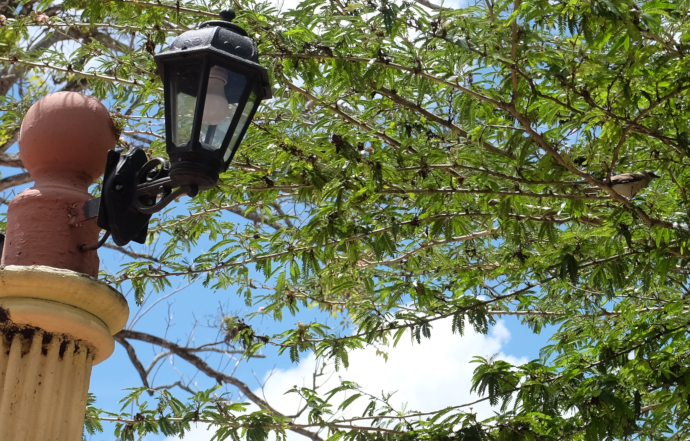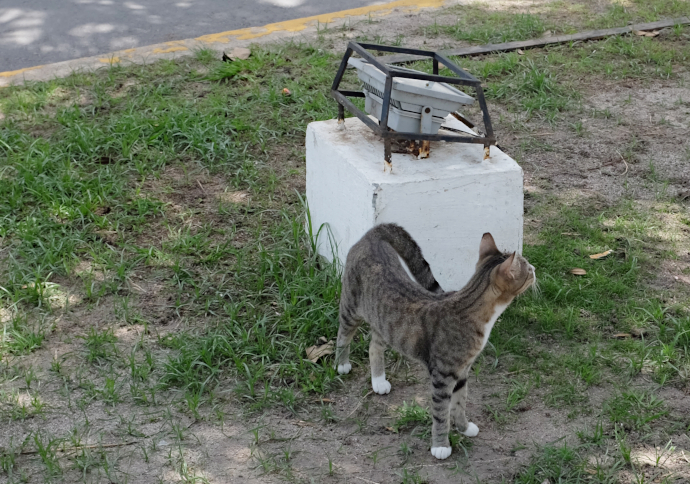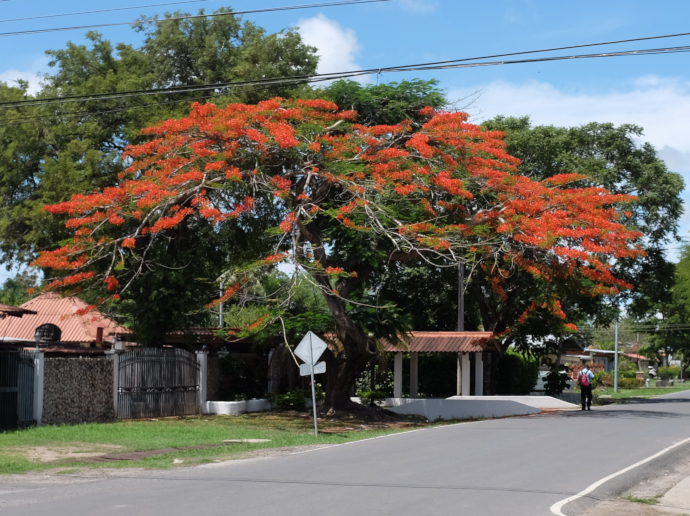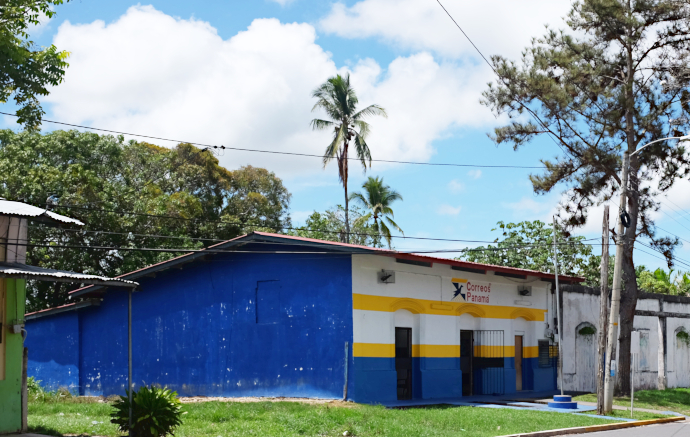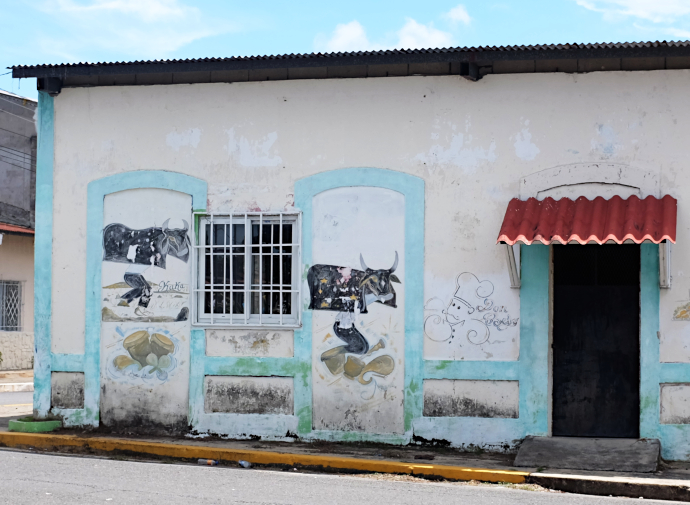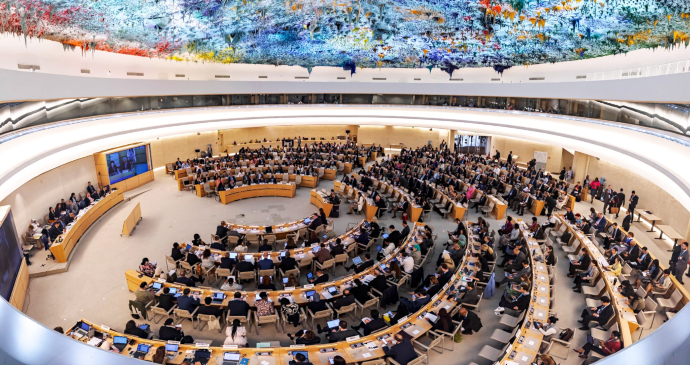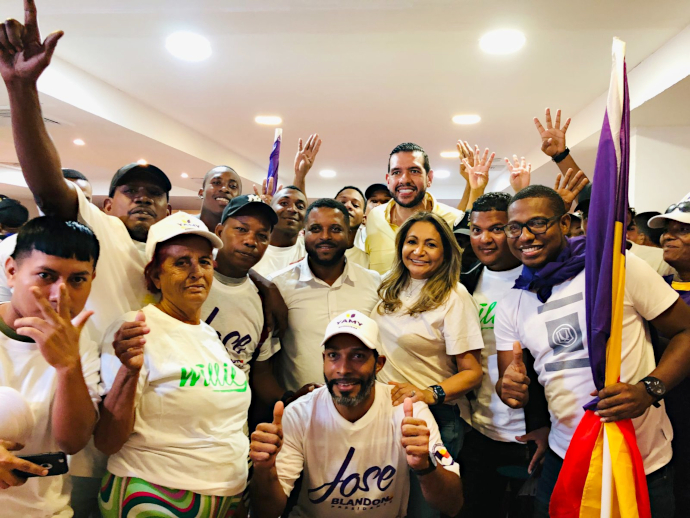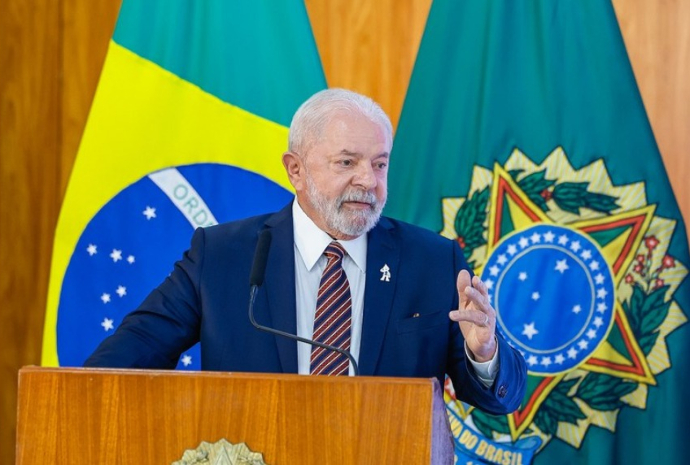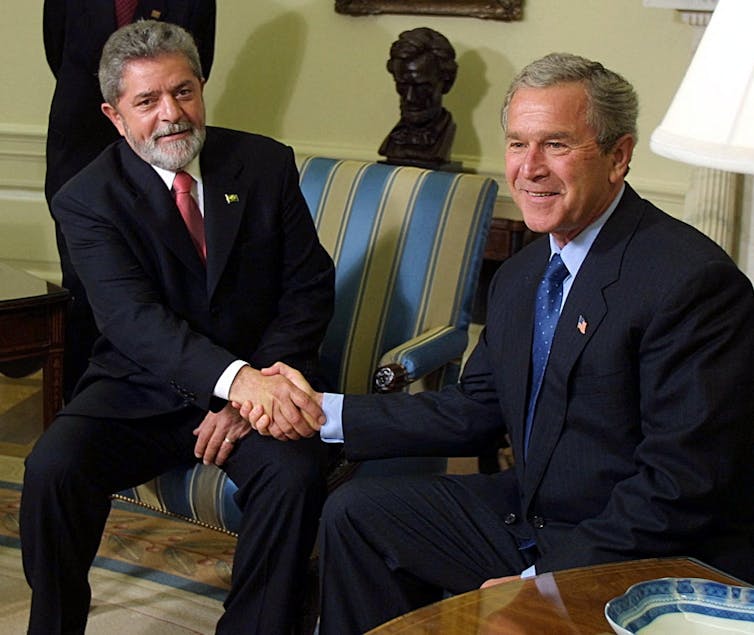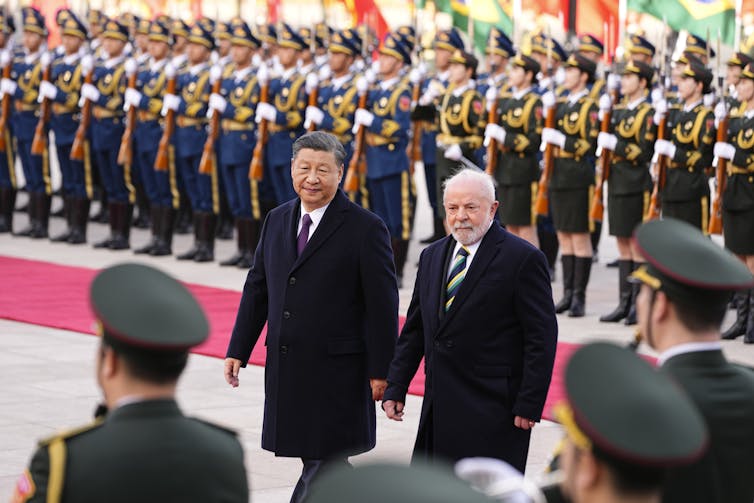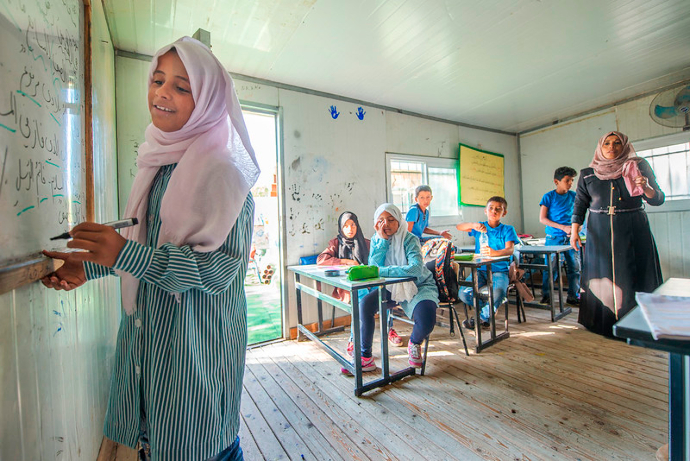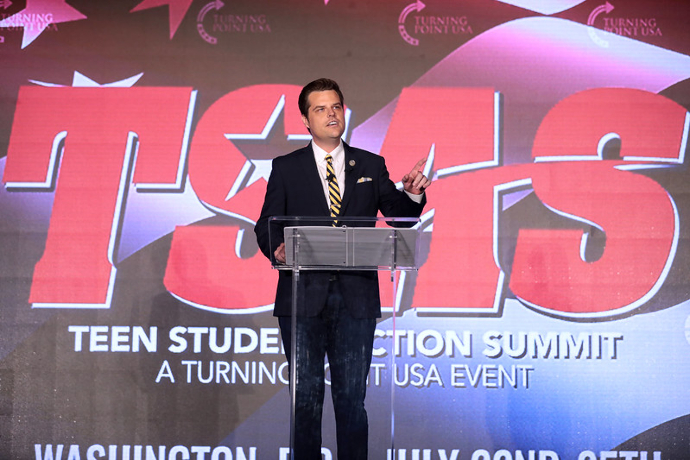Seated / sentados, l-r / i-d: Alma Douglas – SITES Affiliations Program Specialist, Shahin Nemaze – Equal Opportunity Specialist OEESD, Caroline Fiertz – Director of Fellowships and Internships NMAH, Michelle Cook – Inclusive Design Specialist, Beth Ziebarth – Director of the Office of Diversity. Standing / de pie, l-r / i-d: Ashley Grady – Access Smithsonian Senior Program Specialist, Meroe Park – Assistant Secretary and Director of Operations, Oris Sanjur – Deputy Director in Charge, Office of Diversity, Melanie Adams – Director, Anacostia Community Museum. Smithsonian photo.
Oris Sanjur assists in the creation of the Smithsonian Diversity Office
by STRI
Panamanian scientist provides support to establish the new office to work on issues of inclusion and equity for the institute’s internal community globally.
Dr. Oris Sanjur of the Smithsonian Tropical Research Institute (STRI) has been named acting deputy director of the new Office of Diversity, officially launched on May 8 at the Washington, DC-based Smithsonian Institution.
Sanjur, who is a graduate of the University of Panama and received her PhD in Molecular Biology from Rutgers University, has been with the Smithsonian Tropical Research Institute since 1998. Between 2020 and 2021, she served as acting director of STRI, becoming the first Panamanian woman to hold the position.
Now, as interim deputy director of the Smithsonian Institution’s Office of Diversity, working in conjunction with Chief Diversity Officer Beth Ziebarth, Sanjur has the opportunity to collaborate in another part of the institution. This office is intended to work with the internal Smithsonian Institution community to establish policies and guidelines to ensure inclusivity and diversity within the institution.
“The Diversity office is created with the goal of supporting and fostering a culturally inclusive workplace that reflects our external leadership on equity issues,” shares Sanjur. “This office seeks to build a sustainable, staff-owned DEAI program, informed by our collective lived experiences, and driven by the goal of equity of opportunity, inclusion and recognition.”
“I was appointed to support Beth Ziebarth in establishing the office based on the experience we have had at STRI of working in diverse communities,” she adds. “We are looking to enhance the internal culture of diversity, inclusion, equity and accessibility throughout the institution, and to raise awareness of the importance of the DEAI program in the various processes and in our communities.”
The Office of Diversity is part of the Smithsonian Institution’s forward-looking strategy and vision to build community and staff engagement across the institution, and transform the way it connects with its audiences nationally and globally.
STRI has a Diversity office, led by Ernesto Cole as Diversity Manager, who since January 2023 has been working with the Director of Diversity at the Smithsonian Institution to develop local strategies to improve equity, inclusion, diversity and accessibility in STRI’s units and in all its processes. Among the first activities promoted by this office, STRI will be participating for the first time in the LGBTIQ+ pride march, World Pride Panama Parade, which will be held on July 1 in Panama City.
“For STRI it is important to attend the pride parade because it is a clear message of support and inclusivity to our employees, affiliates and the community at large,” shared Cole. “It demonstrates our commitment to creating an inclusive work culture, where everyone is accepted and respected, regardless of sexual orientation or gender identity. Our participation demonstrates our dedication to diversity, equity and inclusion as core values. In addition, it is a fun celebratory event that can bring people together and promote unity and a sense of community.”
The Smithsonian Tropical Research Institute, in Panama City, Panama, is a unit of the Smithsonian Institution. The Institute promotes understanding of tropical nature and its importance to the well-being of humanity, trains students to conduct research in the tropics, and fosters conservation by raising public awareness of the beauty and importance of tropical ecosystems.
~ ~
Oris Sanjur colabora en la creación de la
Oficina de Diversidad del Instituto Smithsonian
por STRI
La científica panameña brinda apoyo para establecer la nueva oficina destinada a trabajar en temas de inclusión y equidad para la comunidad interna del instituto a nivel global.
La Dra. Oris Sanjur del Instituto Smithsonian de Investigaciones Tropicales (STRI por sus siglas en inglés) ha sido nombrada subdirectora interina de la nueva Oficina de Diversidad, lanzada oficialmente el pasado 8 de mayo, en el Instituto Smithsonian con sede en Washington DC.
Sanjur, quien es egresada de la Universidad de Panamá y obtuvo su Doctorado en Biología Molecular de la Universidad de Rutgers, trabaja con el Instituto Smithsonian de Investigaciones Tropicales desde el año 1998. Entre el 2020 y 2021 trabajó como directora interina de STRI, convirtiéndose en la primera mujer y persona panameña en ocupar el puesto.
Ahora, como subdirectora interina de la Oficina de Diversidad del Instituto Smithsonian, trabajando en conjunto con la directora de Diversidad Beth Ziebarth, Sanjur tiene la oportunidad de colaborar en otra parte de la institución. Esta oficina está destinada a trabajar con la comunidad interna del Instituto Smithsonian para establecer políticas y guías que garanticen la inclusividad y diversidad dentro de la institución.
“La oficina de Diversidad se crea con el objetivo de apoyar y fomentar un lugar de trabajo culturalmente inclusivo que refleje nuestro liderazgo externo en asuntos de equidad,” comparte Sanjur. “Esta oficina busca construir un programa DEAI sostenible y propio del personal, informado por nuestras experiencias vividas colectivas, e impulsado por la meta de equidad de oportunidad, inclusión y reconocimiento.”
“Fui designada para apoyar a Beth Ziebarth para establecer la oficina con base en la experiencia que hemos tenido en STRI de trabajar en comunidades diversas,” agrega. “Buscamos mejorar la cultura interna de diversidad, inclusión, equidad y accesibilidad a través de toda la institución, y crear conciencia de la importancia del programa DEAI en los diferentes procesos y en nuestras comunidades.”
La Oficina de Diversidad es parte de la estrategia y visión a futuro del Instituto Smithsonian, para crear comunidad y participación en el personal a través de toda la institución, y transformar la manera en que se conecta con sus audiencias a nivel nacional y global.
STRI cuenta con una oficina de Diversidad, liderada por Ernesto Cole como gerente de Diversidad, quien desde enero de 2023 trabaja en conjunto con la directora de Diversidad en el Instituto Smithsonian en el desarrollo de estrategias locales para mejorar la equidad, inclusión, diversidad y accesibilidad en las unidades de STRI y en todos sus procesos. Entre las primeras actividades impulsadas por esta oficina, STRI estará participando por primera vez en la marcha del orgullo LGBTIQ+, World Pride Panama Parade, la cual se celebrará el 1 de julio en ciudad de Panamá.
“Para STRI es importante asistir a la marcha del orgullo porque es un mensaje claro de apoyo e inclusividad a nuestros empleados, afiliados y la comunidad en general,” compartió Cole. “Demuestra nuestro compromiso de crear una cultura de trabajo inclusiva, donde todos y todas son aceptados y respetados, sin importar su orientación sexual o identidad de género. Nuestra participación demuestra nuestra dedicación a la diversidad, equidad e inclusión como valores fundamentales. Además, es un evento divertido de celebración que puede unir a las personas y promover unidad y un sentido de comunidad.”
El Instituto Smithsonian de Investigaciones Tropicales, en ciudad de Panamá, Panamá, es una unidad de la Institución Smithsonian. El Instituto promueve la comprensión de la naturaleza tropical y su importancia para el bienestar de la humanidad, capacita estudiantes para llevar a cabo investigaciones en los trópicos, y fomenta la conservación mediante la concienciación pública sobre la belleza e importancia de los ecosistemas tropicales.
Contact us by email at / Contáctanos por correo electrónico a fund4thepanamanews@gmail.com
To fend off hackers, organized trolls and other online vandalism, our website comments feature is switched off. Instead, come to our Facebook page to join in the discussion.
Para defendernos de los piratas informáticos, los trolls organizados y otros actos de vandalismo en línea, la función de comentarios de nuestro sitio web está desactivada. En cambio, ven a nuestra página de Facebook para unirte a la discusión.
~ ~ ~
These announcements are interactive. Click on them for more information.
Estos anuncios son interactivos. Toque en ellos para seguir a las páginas de web.
